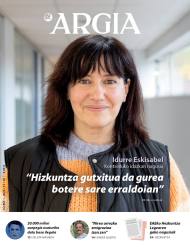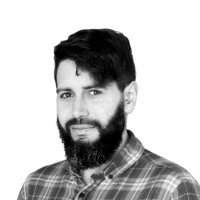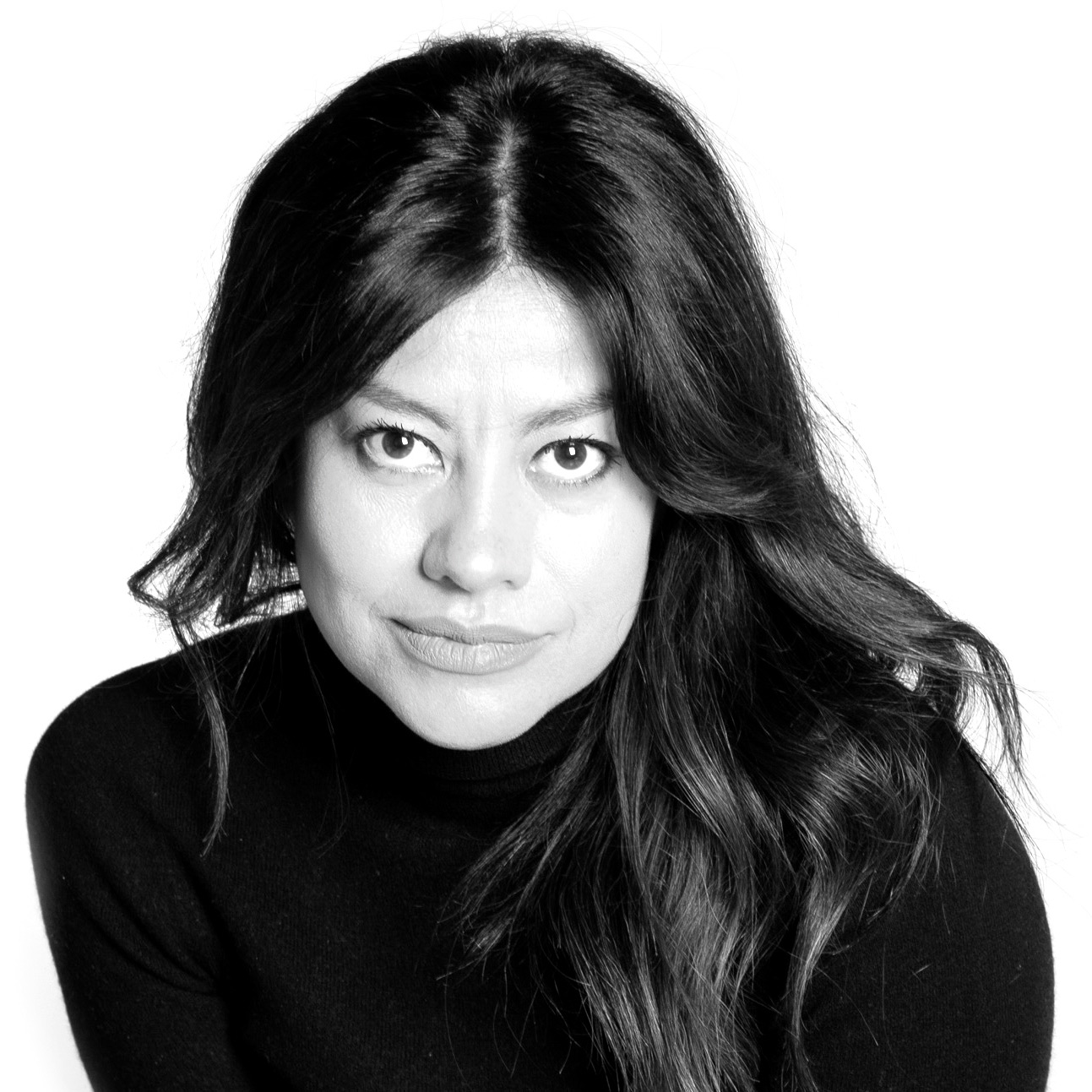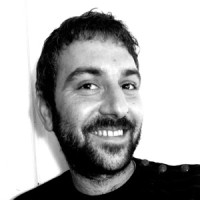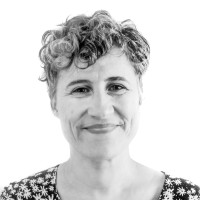Small towns, many opportunities
Most of the people we are cysheterodists are born out of cities. We were born, raised and lived (raun) in towns, until the heteronormative dynamics of peoples have exiled us to cities, forced us to sexilize.
We've gone to search cities for habitability, network, community. Because there we have put our desires and our purposes to take root once. In cities, we've been entangled with our partners, we've built parentlines of transformation, and at many times we've had the certainty of transforming society with our actions. The communities we create and create in cities, therefore, are necessary.
But without wanting to, this urban trend has also led us to fall into the capitalist trap. Because the false idea of progressism, mixed with a treacherous and destructive consumerist model, has led us to believe that everything happens in cities, that everything is color, that our sexualities will emerge in a fertile soil full of opportunities.
But cities are no longer as stimulating and, as Yayo Herrero says, the city is a fact that only consumes material resources and generates garbage (also emotional), which in addition to resources consumes and makes people invisible, until they get to the end.
As transfeminist activists, we're seeing how people can reactivate the cisheterdisident social and political fabric.
What to say about the cutting-edge communities that we are creating in cities. They are often endogamic relations full of guaiism and appearances, in which the permanent praise of three or four cultural or academic gurus based on asymmetries of power contribute to the creation of cultural, social and political elites. Very subversive, dissident and progressive, yes; but you choose, in short.
There are many of us who want to leave the cities behind and, living, fill the sack to create community that we go to the people. And if we talk about habitability, there are also dynamics and networks that make the lives of people in peoples stimulating. They must be encouraged, they do not come out of the blue.
What's missing is all the work that we've done LGBT+ in cities. Cysheterodisidents have to articulate with each other.
As transfeminist activists, we are seeing how in peoples the civilizing social and political fabric can be revived. And as professionals, we're looking at how, by performing municipal diagnoses, it's possible to design public policies that have an impact on sexualities not included in cysheterosis. Because, yes, there may also be an opportunity in peoples to be who we are.
Bidali zure iritzi artikuluak iritzia@argia.eus helbide elektronikora
ARGIAk ez du zertan bat etorri artikuluen edukiarekin. Idatzien gehienezko luzera 4.500 karakterekoa da (espazioak barne). Idazkera aldetik gutxieneko zuzentasun bat beharrezkoa da: batetik, ARGIAk ezin du hartu zuzenketa sakona egiteko lanik; bestetik, egitekotan edukia nahi gabe aldatzeko arriskua dago. ARGIAk azaleko zuzenketak edo moldaketak egingo dizkie artikuluei, behar izanez gero.
I received your e-mail in personal mail on the strike portals. At first, like many others, I thought it was to let you know what options we have in the face of the strike. But no, the e-mail received was a political and communicative movement against the strike.
I will confess... [+]
This weekend I've been thinking about the word 'aesthetic' in relation to a phrase said by a friend: “This work is aesthetic.” I have studied the etymology of the word aesthetic, it seems that its meaning was originally perceived through the senses, and it was later associated... [+]
In recent years, the concept of industrial policy has reappeared strongly at various levels. The organization that was the hammer of neoliberalism, the International Monetary Fund, today insists that markets have been pressured to allocate resources efficiently and solve these... [+]
The other day in Bilbao, I met a friend at the Bira bar. We were very happy at the Tar and I said: “Of course, since you’re Guipúzcoa, hahahaha.” And he insisted that he was not Guipuzcoan. Without me understanding it, I kept saying, “Ah! Is it not? You were born in New... [+]
Zalantza asko izan ditut, meloia ireki ala ez. Ausartuko naiz, zer demontre! Aspaldian buruan dudan gogoeta jarri nahi dut mahai gainean: ez da justua erditu den emakumearen eta beste gurasoaren baimen-iraupena bera izatea. Hobeto esanda, baimen-denbora bera izanda ere, ez... [+]
We are in the midst of a world imperialist offensive led by the Western bourgeoisie. The form that the imperialist offensive has taken is that of war, with all its variants: economic war, cognitive and cultural war, lawfarr; and, of course, military war. Western imperialism has... [+]
I just saw a series from another sad detective. All the plots take place on a remote island in Scotland. You know how these fictions work: many dead, ordinary people but not so many, and the dark green landscape. This time it reminded me of a trip I made to the Scottish... [+]
To be honest, I don't know why I'm writing this. In today’s hostile environment, opinions of this kind are not well received. Perhaps LUZ will not publish this because it does not correspond to the opinions they have published so far (but if they have finally decided to publish... [+]
On January 15, the techno-business lobby called Cedarios presented its 6th report, Euskadi and the European Union, the shared destiny of prosperity and competitiveness. This neoliberal Think Tank, made up of eminent experts drawn from the world of finance, presented a magical... [+]
We Basques move our feet behind the witness of Korrika to proclaim that we want to survive as a Basque people in favor of our language, with the aim of the Basque Country we desire.
The tipi-tapa is the first step taken by a migrant person who leaves his homeland in Africa,... [+]
And for another year, the unions have organized prefabricated strikes for us. And we, individually, will decide whether or not to join the strike, without the need for any assembly at the school.
The strike model that I was taught is no longer in vogue, it seems. In my... [+]
Life surrounds everything, it is limited and fragile. To live good lives, it seems to me that the body knows what to do, while the mind, although it knows (when it is well informed), often sees the body deliberately silence. In this silence the mind opens itself to relations... [+]
Eroso gaude ingurunea gure egoera fisiko/emozionalera egokitzen denean. Besteak ni kontuan hartu nauenean, izan gizaki bat, objektu bat, espazio bat. Erosotasunaren klabea produktu eta espazio diseinuan beharrizan handi gisa sartu da, erosotzat jotzen dena erosgarria delako... [+]









